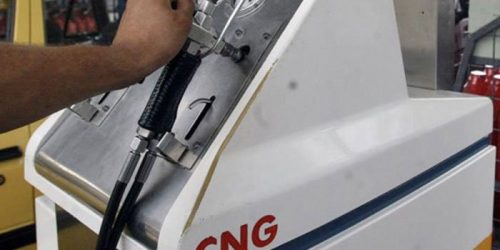ISLAMABAD: The disagreement among the Ogra members and its functionaries is pushing the future of flare gas to the danger zone as various sectors of economy, including CNG sector, want to use the commodity knowing the fact the country sustains annual losses of $109.5 million because of failure to use flare gas after its proper treatment.
This was stated in a letter by Member Gas on February 11, 2021 to the-then acting chairman (member finance) and member oil. The Member Gas said: “Confusion on the issuance of flare gas licenses has turned into a chronic disease by different functionaries of Ogra. The total potential of flare gas conservation in the country is over 100mmcfd and against 18 pending license applications, about 20mmcfd valuing $300,000 per day and $109.5 million could have been conserved and economically utilized if Ogra helps to timely grant the relevant licenses.”
The member gas said after thoroughly reviewing the issue and the objections raised by different functionaries, he is of the firm opinion that there is no bar or restriction on use of flare gas in CNG stations as long as flare gas meets pipeline specifications, compression system and the bower system is certified by CIE and TPI and the daughter CNG station (refueling system) for which alteration of works are certified by CIE, inspected by TPI and approved by Ogra.
The letter also mentions how ironically the letter from the chairman to DG Gas was discretely released in total disregard of the previous stance of OGRA. In the letter, the Member Gas had asked the acting chairman to handle the matter at his level.
However, according to the official documents in possession of The News, the Ogra in its majority decision opposed the use of flare gas while taking stern notice of its sale by M/s Decent CNG & Petroleum Service, Islamabad, through mobile gas travasi system that is critical from public safety angle without acquiring prior Ogra’s approval. In case of any mishap due to unauthorized operation, all responsibility will lie upon M/s Decent CNG & Petroleum Service and its management. It also expressed serious reservations with respect to gas specification, works related to compression at well head of oil and gas field, transportation procedure, decanting of flare gas at CNG stations, specific designs of equipment at CNG stations and use of flare gas in CNG converted automobiles.





